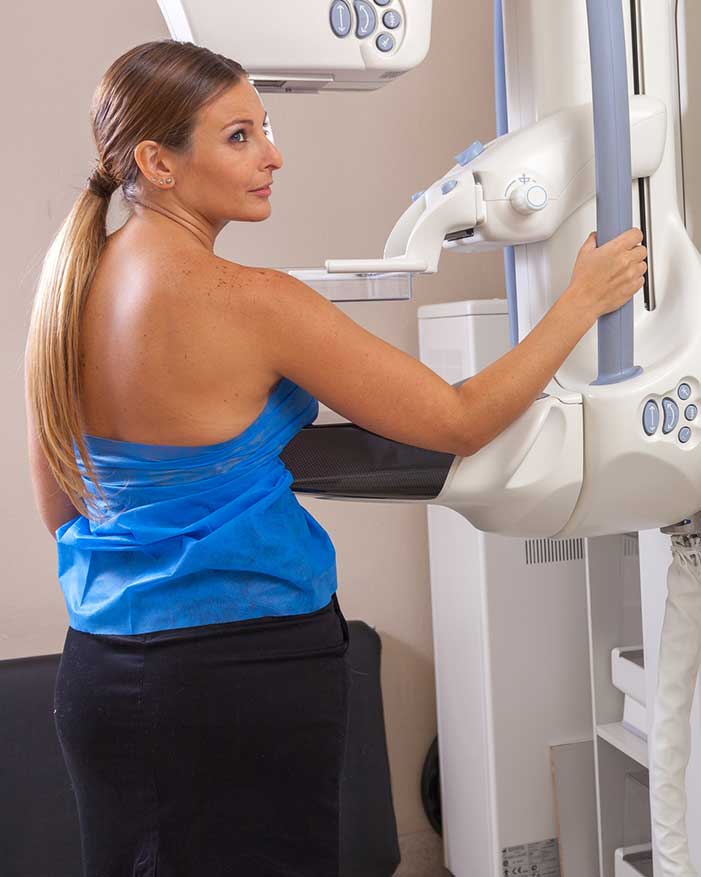Services
Colon Cancer Screening

Years of
Profound
Expertise
With extensive years of expertise, our accomplished Texas gastroenterologists bring a wealth of experience to the field.

Comprehensive Gastrointestinal
Perspective
Our Texas-based gastroenterologists prioritize a holistic approach that encompasses all aspects of your well-being.

Significant
Doctor-Patient Bonds
Our dedicated doctors prioritize your physical and emotional well-being with compassionate and effective care.

Compassionate Client
Support
Our team’s dedication to your well-being ensures a supportive and considerate experience throughout your healthcare journey.

Understanding
Colon Cancer Screening
The combination of your colon and rectum forms the large intestine, responsible for absorbing nutrients and water from your diet and storing waste before elimination. Colon and rectal cancers can often be prevented through proper care.
A colon cancer screening is a proactive approach to identifying polyps and other growths on the inner lining of the large intestine. While not all polyps signify cancer, some could potentially develop into it over time. Detecting and removing these growths early can prevent complications and save lives.
Our skilled gastroenterologists frequently conduct colorectal cancer screenings for individuals in Texas. If you’re interested in a colon cancer screening, reach out to Specialized Gastroenterology and Medical Associates to locate a nearby facility.
Call Us Now
(281) 616-7299
Colon Cancer Screening
The Advantages of Colon Cancer Screening
Regular colon cancer screenings are essential for maintaining your overall health, particularly your gastrointestinal well-being. These screenings offer numerous benefits, such as:
Colon and rectal cancers often remain asymptomatic until they reach an advanced stage. Regular screenings play a crucial role in early detection and timely intervention.
Colon Cancer Screening
Colon Cancer Screening Options
If you’re wondering about your choices for colon cancer screening, discussing with your Specialized Gastroenterology and Medical Associates provider is crucial. They will guide you on when to schedule the screening and which tests to consider. Here are some screening options that might be recommended:
Flexible Sigmoidoscopy
This technique uses a sigmoidoscope to view the lower colon and rectum’s inner lining. A camera-equipped tube is inserted through your rectum to capture images. It can biopsy or remove some polyps, but a colonoscopy is needed for a comprehensive view of the colon. It’s generally safe, but there’s a slight risk of bleeding, infection, or bowel tearing.
Colonoscopy
A longer colonoscope is used to visualize the entire colon’s interior. It’s inserted through the rectum, providing a full view on a computer screen. Biopsies and polyp removals can be performed. Sedation is used, and there’s a small risk of complications like bleeding or infection.
Virtual Colonoscopy
This involves a CT scan of the colon. You’ll lie on a table as the CT scanner captures images. It’s noninvasive and doesn’t require sedation. If issues are detected, a colonoscopy might be needed for treatment.
Double-Contrast Barium Enema
Barium liquid and air are introduced through a tube in the rectum, outlining the colon’s walls for X-ray imaging. Abnormalities are visible on X-rays. If found, a colonoscopy is needed.
Fecal Tests
These safe tests analyze stool samples. They might indicate issues in the GI tract, prompting further evaluation. Three types include:
– Fecal immunochemical tests detect hidden blood via an immunochemical reaction.
– Fecal occult blood tests identify invisible blood in feces.
– Stool DNA tests identify abnormal DNA genes in stool cells shed from growths or polyps.
For personalized guidance on colon cancer screening, consult our Texas gastroenterologists who can recommend the most suitable options based on your needs.

Colon Cancer Screening
Colorectal Cancer Risk Factors
Certain factors can increase the risk of colorectal cancer, including:
Family
History
Individuals with close relatives like parents, siblings, or children who’ve had colon cancer.
Age
People aged 45 and above are at a higher risk.
Other
Cancers
Those with a history of uterine, breast, or ovarian cancer.
Lifestyle Factors
Patients with sedentary lifestyles, poor diets, or smoking habits.
Previous
Colon
Cancer
Individuals who’ve battled colon cancer previously.
Familial Adenomatous Polyposis
Individuals with inherited conditions causing multiple polyps in the rectum and colon.
Inflammatory
Bowel
Diseases
Those with ulcerative colitis or Crohn’s disease.
Schedule Your Colorectal Cancer Screening
Early detection can prevent colorectal cancer or catch it at a treatable stage. If you’re 45 or older, or have risk factors, consider a colorectal cancer screening. Our patient-centered gastroenterology team at Specialized Gastroenterology and Medical Associates uses advanced technology for your digestive health. For a screening in Texas, contact a nearby location.

Colon Cancer Screening
Frequently Asked Questions About Colon Cancer Screening
Booking
ENHANCING COMFORT AND CONFIDENCE
Reach out with ease for prompt phone consultation or secure an in-person physician appointment effortlessly. Our telephone lines remain consistently accessible, and we also accommodate urgent appointment requests.

Step 01
ARRANGE YOUR APPOINTMENT
Discuss or arrange your personal appointments with our dedicated medical experts. Our team is always available by phone or by email.

Step 02
Medical
Assessment
Procedures involve evaluating and establishing the nature of the gastrointestinal disorder. These stages are crucial in the meticulous examination and diagnosis

Step 03
TAILORED CARE STRATEGY
Taking into account your diagnosis, our expert team will formulate a personalized strategy designed to accommodate your lifestyle.

Step 04
Modified
Supervision
When after care is required, we’ll assess options and determine the best fitting approach. We’ll assist you in coping with your GI condition.
Testimonials
What They Say About
Our Services
Testimonials regarding our services showcase the valuable experiences and feedback shared by our clients, underlining the exceptional quality of care we provide.
James
Johnston
Houston, TX


Following my first scheduled appointment, I departed with a deep sense of satisfaction. Given my age that surpasses 75 years, the necessity for an inaugural discussion becomes even more pronounced, and I distinctly experienced a notable level of ease in conjunction with the profound expertise and admirable manner that he openly displayed.


David
Hanson
Houston, TX


Demonstrating extensive medical knowledge, the physician openly welcomes and invites inquiries from their patients. Personally, I highly recommend considering the services of SGMA, as they exhibit an admirable disposition and employ a reassuring approach that can greatly benefit individuals seeking medical assistance.


Teresa
Smith
Houston, TX


My admiration for SGMA knows no bounds, matched only by my appreciation for their exceptional and cohesive team. Their unique and commendable ability to establish a genuine feeling of comfort stands as a testament to their expertise, a task that presents inherent complexity when dealing with procedures as intricate as Colonoscopy.


Our
Ratings
Contact Us
Have Questions?
Let Us Know
Address
12121 Richmond ave ste 212
Houston tx 77082
Contact Number
(281) 616-7299
Business Hours
8AM-5PM
MON – SUN
Follow Us
Contact Us
Prioritize Your Well-being as a Priority
Regardless of the recency of your symptoms or the duration of your gastrointestinal ailment, expert medical assistance is accessible to alleviate the pain and unease you are encountering. To coordinate a consultation, kindly get in touch with our specialized team through your favored mode of communication; contact information is provided below:
Call Us Now
(281) 616-7299









